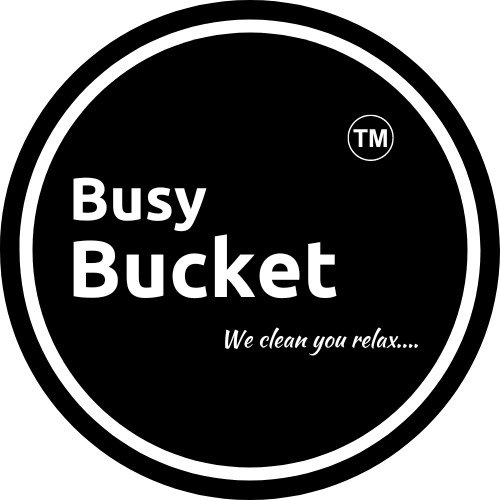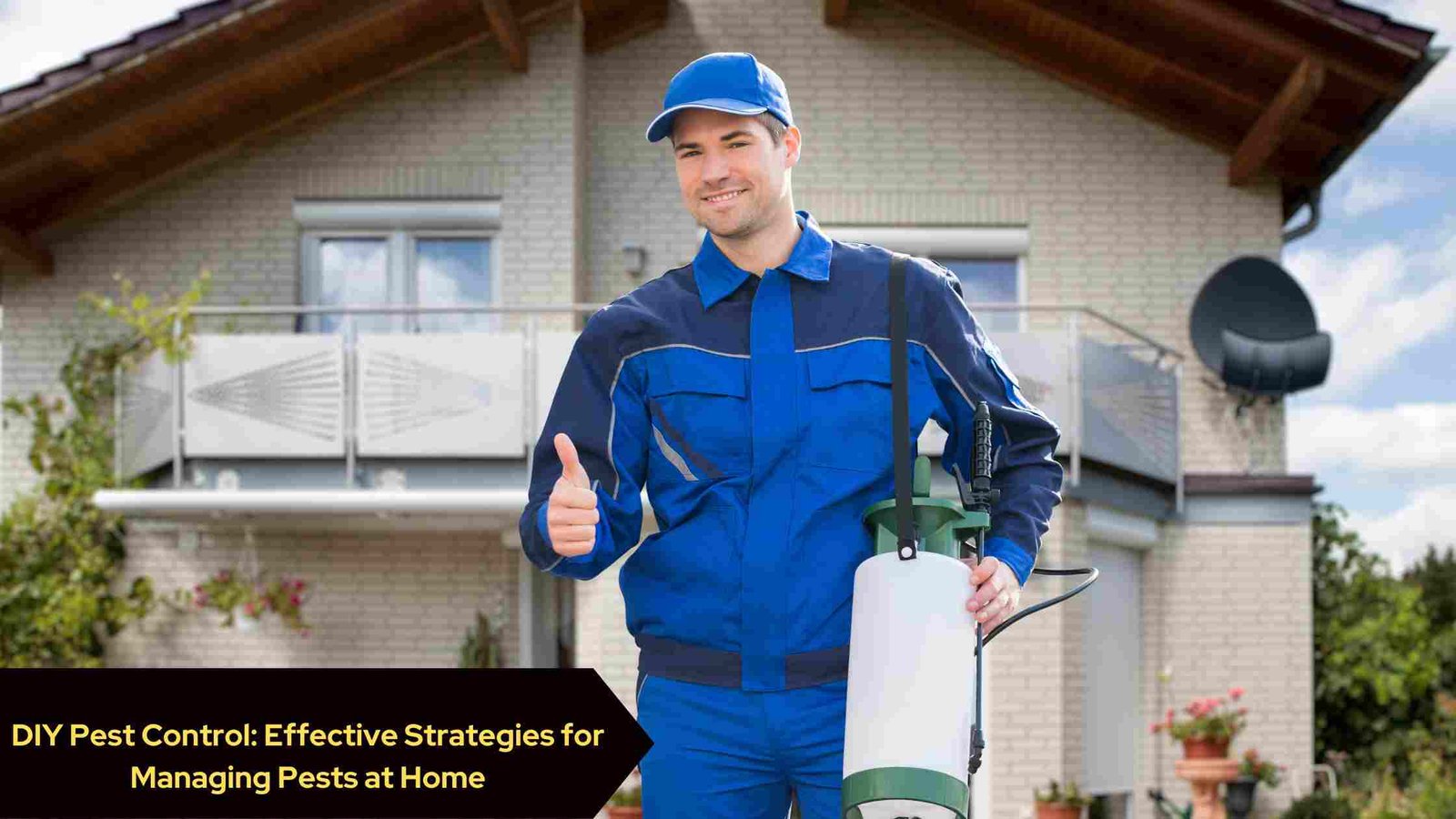Dealing with pests in your home can be a frustrating and challenging task. However, with the right knowledge and strategies, you can effectively control and manage pests on your own. In this blog, we will explore some effective DIY Pest Control strategies to help you keep your home pest-free.
There is nothing much more difficult when it comes to managing the pests in your home. All you need is better guidance and the right equipment to get better results. Check out the effective ways shared by the Busy Bucket Professionals to manage pests in your Home.
Effective Strategies for Managing Pests at Home:
There are no called strategies to get rid of pests at your Home. All you need is to Identify the Pests and act accordingly to get rid of them. The first step in effective DIY pest control is to identify the specific pests you’re dealing with.
Different pests require different control methods, so it’s essential to know what you’re up against. Look for signs such as droppings, gnaw marks, or damaged goods to determine the type of pest you’re dealing with.
DIY Pest Control Methods:
Here are some of the proven techniques through which you can get rid of pests in your home for a longer period of time.
Maintain Cleanliness
One of the most crucial aspects of pest control is maintaining a clean environment. Pests are attracted to food and water sources, so it’s essential to eliminate their access to these resources. Regularly clean your kitchen, sweep floors, and wipe countertops to remove any food debris. Ensure proper garbage disposal and seal trash cans tightly.
Seal Entry Points
Pests can find their way into your home through small cracks, gaps, or openings. Inspect your home for potential entry points and seal them off.
Use caulk or weather stripping to seal gaps around windows and doors. Repair any damaged screens and ensure that vents and chimneys have appropriate coverings.
Remove Standing Water
Standing water can attract various pests, including mosquitoes and flies. Regularly check your home for areas with standing water, such as clogged gutters, leaky pipes, or birdbaths. Fix any leaks and ensure proper drainage to eliminate these water sources.
Natural Pest Deterrents
Several natural substances act as effective DIY Pest Control method pest deterrents. For instance, peppermint oil, vinegar, and citrus peels are known to repel insects.
You can create DIY sprays by mixing these substances with water and spraying them in areas prone to pest infestation. However, be cautious when using the DIY Pest Control method. Sometimes essential oils around pets and children, as may be toxic in concentrated form.
Traps and Baits
Traps and baits are effective DIY methods for controlling pests. Place mouse traps or glue traps in areas where you’ve noticed rodent activity. For insects, use sticky traps or homemade baits made with sugar or boric acid mixed with a food source. Remember to place traps and baits away from children and pets.
Natural Predators
Introducing natural predators to your garden can help control pests outdoors. For example, ladybugs feed on aphids, while birds eat insects like caterpillars and beetles. Consider attracting these predators by planting flowers that attract them or installing bird feeders and birdhouses in your yard.
Proper Storage
Properly storing food and other items can prevent pest infestations. Invest in airtight containers to store food and pet food to keep pests like ants, beetles, and pantry moths at bay. Ensure your pantry and storage areas are clean and free from crumbs or spilt food.
Regular Inspections
Regularly inspect your home for any signs of pest activity. Pay attention to dark and hidden areas such as basements, attics, and crawl spaces. Early detection can help prevent a small infestation from turning into a more significant problem.
Contact Professionals to get rid of Pests
While DIY Pest Control methods can be effective for minor pest problems, severe infestations may require professional assistance. If your efforts do not yield the desired results, it’s advisable to contact Busy Bucket Professionals for the Best Pest Control Services. We are a licensed pest control professional who can provide tailored solutions to your specific pest issues.
We have a team of certified cleaners who will clean your space effectively and make sure in every manner that your space is free of pests now. We are the only company in India to offer a Do it Again policy along with our services to provide you peace of mind.
Do it Again Policy: If you are not satisfied with our services in any manner, you have an option to opt for Do It Again and we will happily do it again for you.
Well, with the above-mentioned DIY pest control strategies, you can effectively manage pests in your home and create a pest-free environment. But, sometimes, it becomes difficult when you are unable to identify the type of pest.
Remember, consistency and persistence are key to successful pest control. By implementing these methods and maintaining good hygiene practices, you can keep your home and family safe from unwanted pests.
FAQs For DIY Pest Control
Are natural pest deterrents safe to use?
Natural pest deterrents like peppermint oil, vinegar, and citrus peels can be effective, but some essential oils may be toxic in concentrated form.
How can I prevent pests from entering my home?
To prevent pests from entering your home, seal cracks and gaps, repair damaged screens, install proper coverings on vents and chimneys, and maintain cleanliness to eliminate food and water sources.
When should I seek professional pest control assistance?
It’s best to seek professional pest control assistance if your DIY efforts are not successful, or if you are dealing with a severe infestation or potentially harmful pests like termites or bedbugs.
How often should I inspect my home for pests?
Regular inspections are essential to catch pest problems early. Conduct visual inspections at least once every few months, paying attention to areas such as basements, attics, crawl spaces, and storage area


